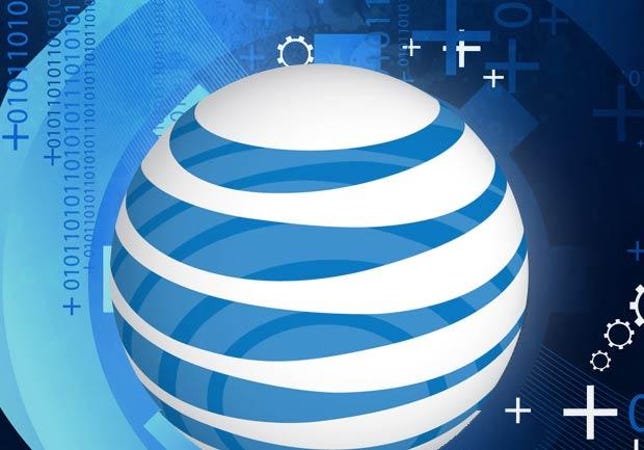
When it comes to customer service among the major wireless carriers, AT&T can say it’s still No. 1.
In the latest study by research firm J.D. Power, which covers the period from July through December 2014, AT&T scored a 786 out of a possible 1,000 points, just ahead of T-Mobile (777) and Verizon Wireless (771). The final spot among the top four carriers went to Sprint, with 746 points.
The average industry score in what J.D. Power calls the full-service group was 773.
The three main reasons customers reach out to the carriers for help: problems with service or phones, questions about accounts, and account changes.
The J.D. Power study reports twice a year on how well wireless carriers provide customer service on the phone, in store, and online. It analyzes how well issues are resolved, the duration of hold times, and the customer service center’s ability to process issues.
The rankings can make for a bragging point amid the larger contest among wireless carriers for customers, which has become intense. Sprint and T-Mobile have been especially aggressive with promotions seeking to lure consumers from rivals.
But does customer service make a difference for those who would jump ship? A recent study by Consumer Intelligence Research Partners found that cost of service and quality of the network were the chief reasons.
AT&T had also taken the top spot in the previous two six-month periods, dating back to the middle of 2013, following a two-year run for Verizon in first place. At this time last year, AT&T’s top-ranked customer service score was somewhat higher (793) than this year’s score, and the average (782) was higher, too.
In this latest report, released Thursday, AT&T’s ranking was above average in four of the five “service channels” that J.D. Power analyzed.
AT&T welcomed the report’s findings and promised more of the same. “Delivering an excellent customer care experience is one of the foundations of our overall relationship with customers. And it’s going to get even better in 2015,” Glenn Lurie, president and CEO at AT&T Mobility, said in a statement Thursday.
The other major carriers did not immediately respond to a request for comment.
In addition to analyzing the major carriers, J.D. Power looked at non-contract providers, with the top three spots going to Virgin Mobile (775), Boost Mobile (747) and MetroPCS (737). The non-contract average was 726 and small provider Net10 landed in the sixth and final place with 674 points.
Overall, J.D. Power reported, customer care is changing, regardless of the wireless service consumers use. A total of 18 percent of people said they used online services, like chat, the last time they needed to have an issue handled. That’s up from 9 percent in 2011.
That growth has been due in part to people being generally more positive towards online customer service. Chat customer service ranks highest in online satisfaction, scoring 782 points. Among full-service wireless customers who solved their issue online, just over half — 55 percent — said they used the chat function, up by 12 percentage points compared to the same period last year.
One other interesting tidbit: if an online customer service representative references the consumer by name and has full account information available, satisfaction is higher by 134 points.
“For wireless customers, online chat is an efficient and immediate experience for problem resolution,” Kirk Parsons, senior director of the telecom services practice at J.D. Power, said in a statement. “This contributes to higher levels of satisfaction, especially pertaining to service issues or questions such as billing or service and device-related issues associated with upgrades.”
For the report, J.D. Power surveyed nearly 6,500 full-service wireless customers and more than 2,600 non-contract wireless customers.


J.D. Power



